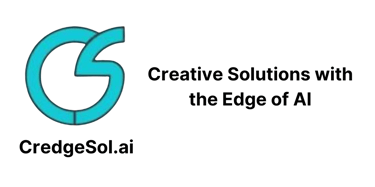The Future of AI R&D: What Skills Will Matter Most?
The AI landscape is shifting, and the most valuable researchers will be those who combine deep technical expertise with industry knowledge.
3/16/20251 min read


Introduction
AI is evolving at an unprecedented pace. With breakthroughs in generative AI, automation, and edge computing, the skills that were in demand five years ago are rapidly changing. For AI/ML researchers and R&D professionals, staying ahead means mastering emerging technologies and aligning with industry needs. So, what skills will define the future of AI research? Let’s explore.
Key AI Research Areas for the Future
AI for Edge Computing
As businesses move towards IoT and real-time processing, AI models must work efficiently on edge devices.
Skills needed: TinyML, model compression, federated learning.
Explainable AI (XAI) & AI Ethics
With increasing regulations, AI needs to be transparent and accountable.
Skills needed: Model interpretability, bias detection, responsible AI frameworks.
AI in Automation & Business Intelligence
AI-driven automation is transforming decision-making in enterprises.
Skills needed: NLP for business analytics, AutoML, AI-driven workflow automation.
AI & Energy Optimization
Industries like telecom and manufacturing are using AI to improve energy efficiency and reduce costs.
Skills needed: AI for predictive maintenance, reinforcement learning for energy management.
Technical Skills That Will Be in Demand
AI Model Optimization & Deployment – Efficient deployment on cloud, edge, and hybrid environments.
Multimodal AI & Generative AI – Combining text, image, and video AI models for real-world applications.
AI Security & Adversarial Machine Learning – Protecting AI models from cyber threats and adversarial attacks.
Beyond Technical Skills: What Else Matters?
Domain Expertise: AI researchers who specialize in healthcare, finance, telecom, or supply chain will be highly sought after.
Collaboration & Business Acumen: Understanding industry challenges and translating AI research into practical solutions will be a key differentiator.
Continuous Learning: With AI evolving rapidly, the ability to upskill and adapt will be critical.
Conclusion
The AI landscape is shifting, and the most valuable researchers will be those who combine deep technical expertise with industry knowledge. Whether you’re an AI/ML researcher or an R&D professional, mastering these skills will ensure you stay ahead in the AI revolution.
Looking to work on cutting-edge AI challenges? At CredgeSol.ai, we’re building AI solutions that matter. Let’s connect!
Take advantage of our Connect program
© 2025. All rights reserved.


Creative Solutions with the Edge of AI
Useful Links
